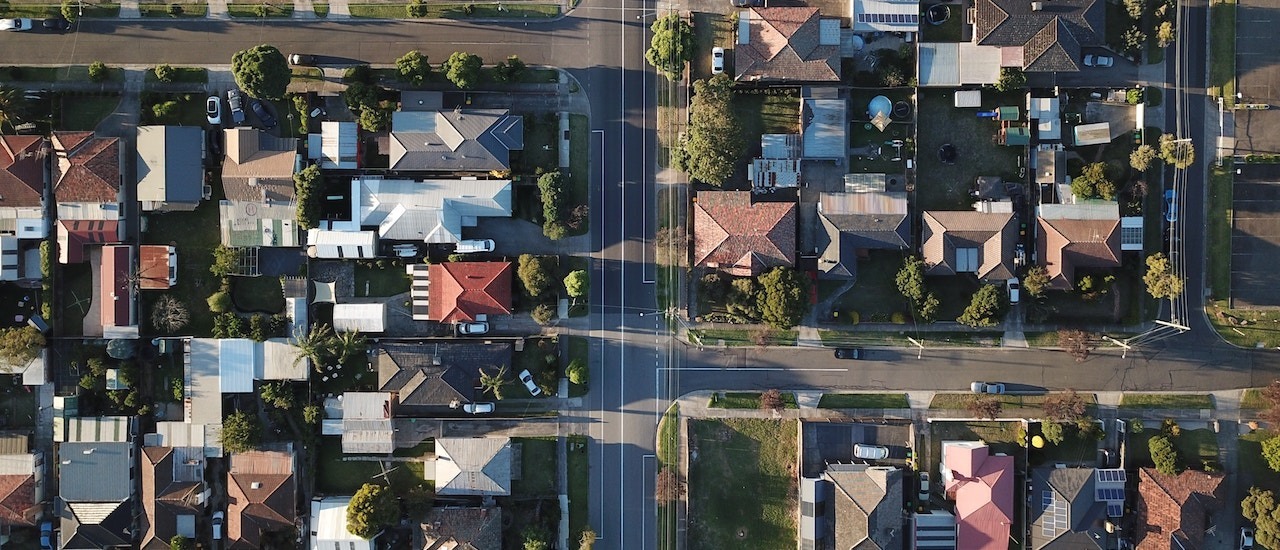“We are entering a new world in which data may be more important than software.”
– Tim O’Reilly
In this digital era where modern technology has become as ubiquitous as air, a seismic shift in innovation, revenue generation, and lifestyle has transpired, whereby data has become the most valuable commodity. In Australia, many youths struggle to “disconnect” completely from digital devices, with the proliferation of wearable technologies and broadband access facilitating the unavoidable integration of technology into our everyday lives. As a 21st century youth, and part of the demographic who consumes the most Internet and digital media, there exists a stark disparity between the amount of time we spend engaging with digital devices and our actual understanding of Internet governance and/or legislation.
We have become so reliant on the Internet and technology, we rarely question the personal risks we take and potential breaches of law that occur. Our dependence on digital devices and instant gratification prompts us to accept “Terms and Conditions” without ever reading a word and allows cookies to be saved despite having no idea what they are. Alarmingly, in the event our data is exploited or shared without our consent, we are oblivious to the repercussions or are completely unaware of the privacy breach. Richard Adler eloquently encapsulates this sentiment, “The cost of [data] breaches will be viewed like the toll taken by car crashes, which have not persuaded very many people not to drive.”
When conversing with my peers about data protection and privacy so often I hear, “I have nothing to hide.” However, the right to privacy is not about hiding secrets, but about the right to protect our autonomy and human dignity to not be scrutinised and exploited. Privacy is a fundamental human right as dictated in Article 12 of the Universal Declaration of Human Rights, “No one must be subjected to arbitrary interference with his privacy, family, home or correspondence, nor to attacks upon his honor and reputation.” Nonetheless, when discussing privacy vs cybersecurity, many have a skewed perspective of how important maintaining digital privacy is and confuse privacy with secrecy. For example, when you go to the bathroom, there is no secret to what you are doing, but you still close the door because you want to maintain privacy.
You purport that you have nothing to hide so do not mind external surveillance, and yet you keep a lock on your phone and you do not share your passwords. Your digital footprint often reflects your identity as openly as a personal diary – and no matter who you are, your personal data is valuable. Your data fuels the business model behind Facebook, a global juggernaut many users trust with their personal information and yet the recent Facebook-Cambridge Analytica data scandal exposed the unethical application of user data in political campaigns.
Take a minute to process that again…our personal data was sold for profit to election campaigns or political referendums (e.g., Donald Trump’s U.S. presidential campaign and the U.K.’s Brexit vote) that dictated the laws and leaders of G7 countries. When we vote for legislation or our members of Parliament, we exercise our right to make informed choices based on personal opinion, but are we really voting autonomously if our data is being used against us to influence public opinion?
So how can we adequately protect the immense volume of data that is transmitted daily? Encryption is the leading mechanism to ensure data security.
“Encryption is a powerful defensive weapon for free people. It offers a technical guarantee of privacy, regardless of who is running the government…it’s hard to think of a more powerful, less dangerous tool for liberty.”
– Esther Dyson
The 2015 UN Human Rights Council Report by David Kaye states that “Encryption…protects the confidentiality and integrity of content against third-party access or manipulation.” However, in Australia, the government has drafted legislation that will compel manufacturers and industry to assist law enforcement in accessing encrypted information – essentially creating a backdoor. This will weaken the encryption framework and undermines the right to privacy and structural integrity of encryption software. Ironically, whilst this legislation has been proposed to reduce crime through infiltration of criminal communication networks, it might inadvertently increase cybercrime due to the generation of vulnerabilities within the encryption software and hence, potential access to protected networks that were previously impervious to interference. As Nathan White, Senior Legislative Manager at Access Now said, “Australia is facing a choice on cybersecurity and encryption: real security or false…the country can either be the testing ground for policies that undermine privacy and security in the digital era, or it can be a champion for human rights, leveraging its relationship to raise cybersecurity standards for the next generation.”
To get involved, you can submit comments on the exposure draft.
Ultimately, I hope that as individuals in an increasingly-interconnected society, you actively strive to stay informed, not just for personal assurance and understanding, but to be able to engage in the global movement towards shaping our digital future.
Count my voice! Join Helena and other young people as they stand up for encryption.
